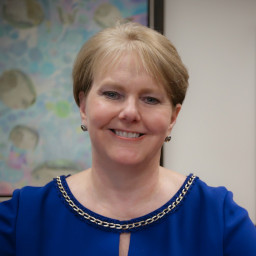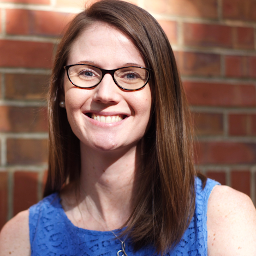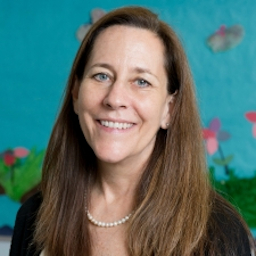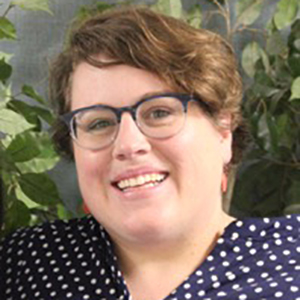Researchers at the University of Florida (UF) and Vanderbilt University have been awarded $1.6 million as one of three early childhood model demonstration grants funded by the Office of Special Education Programs (OSEP). The four-year project, titled Practice-based Coaching: Data Informed Decision Making (PBC-DIDM) will collaborate with at least six demonstration sites across three states.
The UF-Vanderbilt team — consisting of Patricia Snyder, Darbianne Shannon, Maureen Conroy, Jennifer Harrington, Mary Louise Hemmeter and Kiersten Kinder — will build on earlier practice-based coaching (PBC) studies funded by the Institute of Education Sciences (IES). The team will implement and evaluate the PBC-DIDM model across diverse early childhood sites serving young children with disabilities (early intervention, early care and education, public school Pre-K, Early Head Start/Head Start) to enhance the capacity of site personnel to learn and apply effective practices that support young children’s development and learning.
“This model demonstration grant provides our team opportunities to show that PBC-DIDM can be implemented as intended by coaches working in the demonstration sites, rather than by external coaches who were part of our research studies,” said Snyder, UF Distinguished Professor and Director of the Anita Zucker Center for Excellence in Early Childhood Studies.
The team will examine the effects of PBC delivered by PBC-DIDM coaches, for both practitioners and children and their families, in real world learning environments.
“I look forward to working with early childhood programs in and around Nashville to build their capacity to use an effective coaching model.,” said Mary Louise Hemmeter, professor in Vanderbilt’s Department of Special Education. “We feel fortunate to have funding to do both high-quality, socially valid research through IES and to support the implementation of the findings from that research in authentic, early childhood settings.”
This is not the first time this team has worked together. Since 2007, Snyder and Hemmeter, as well as other members of the PBC-DIDM team, have collaborated on past PBC-focused projects as well as other research endeavors, such as embedded instruction for early learning, the Pyramid Model for Supporting Social Emotional Competence in Infants and Young Children, and BEST in CLASS.
The UF/VU PBC-DIDM team has many combined years of working together and with program leadership, coaches, practitioners and families, to support the implementation of evidence-based professional development and effective practices. They look forward to once more collaborating and exploring the translation of research to practice with the model demonstration sites to advance learning and outcomes for young children.
“We are excited to learn alongside each other and in partnership with our sites to understand what’s working well and what we might need to adjust as we use tools and resources to support DIDM as part of PBC,” Snyder said.
University of Florida

Patricia Snyder, Ph.D.

Darbianne Shannon, Ph.D.

Maureen Conroy, Ph.D.
Vanderbilt University

Mary Louise Hemmeter, Ph.D.

Kiersten Kinder, Ph.D.
